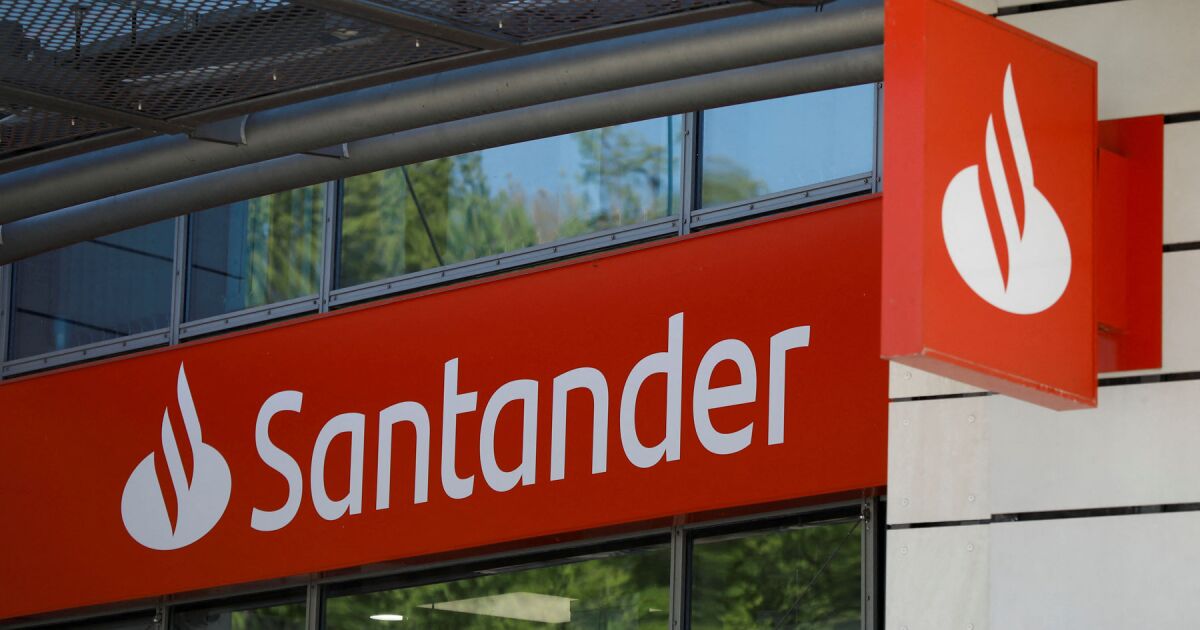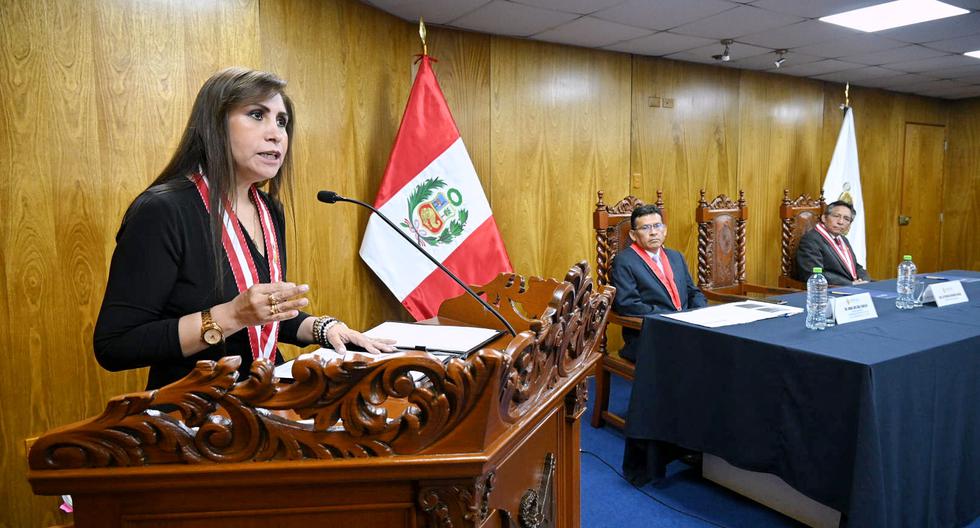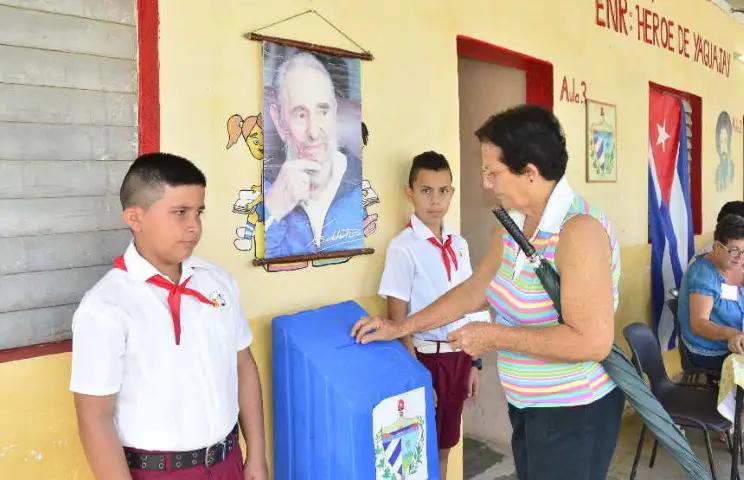8% growth
Since the trade war between the United States and China began, and as of 2020 with the appearance of the coronavirus, companies began to seriously think about relocating closer to their final destination (the United States), which led to talk of relocation. (nearshoring).
This week in Mexico, the arrival of Tesla in Santa Catarina, Nuevo León, where some suppliers of Elon Musk’s company are already located, was announced.
The Spanish bank estimates that, thanks to nearshoring, the Mexican Gross Domestic Product (GDP) can have an additional growth of 8% over the next six years.
For this to happen, Mexico has to keep part of what China stops selling to the United States. The bank estimates that the country can go from 14% to 20% of imports, which would generate 100,000 million dollars of national economic value.
“For every point that Mexico gains from China in imports to the United States, GDP should accelerate by 1.3%. In the next six or seven years, we must accelerate an additional growth of 8% in GDP,” said Alanís.
Opportunity for SMEs
Tesla’s investment “is bigger” than the previous three that had been made in Mexico.
The investment that comes closest to it is the one made by the Korean Kia for 2.4 billion dollars, stressed Alán Alanís.
The arrival of the electric car manufacturer also represents a good opportunity for small and medium-sized Mexican companies. Mexico has a well-established automotive production and supply chain. The challenge for her has to do with making her processes more efficient and maintaining, or even improving, the quality of her products.
Tesla can represent 500 million dollars in sales for Mexican companies that provide goods and services.
In addition, due to the “multiplier effect” there will be a greater demand for housing, services and labor.
In order to be suppliers to large companies, Mexican SMEs need to make their processes more efficient, but it is not something new for them.
“There are many Mexican companies with the quality to supply very sophisticated industries, such as the automotive and aerospace industries; We have been doing our homework over time,” said Rodolfo Hernández, Santander’s executive director of international business when asked if small and medium-sized Mexican companies are ready to offer their services to companies like Tesla.

















